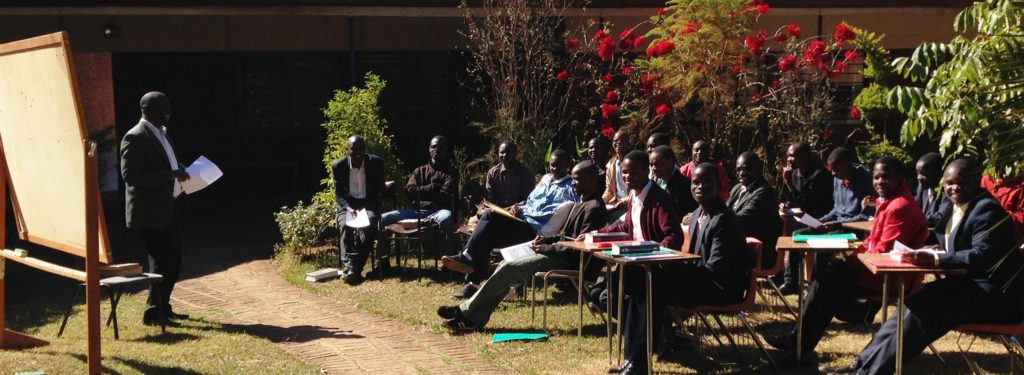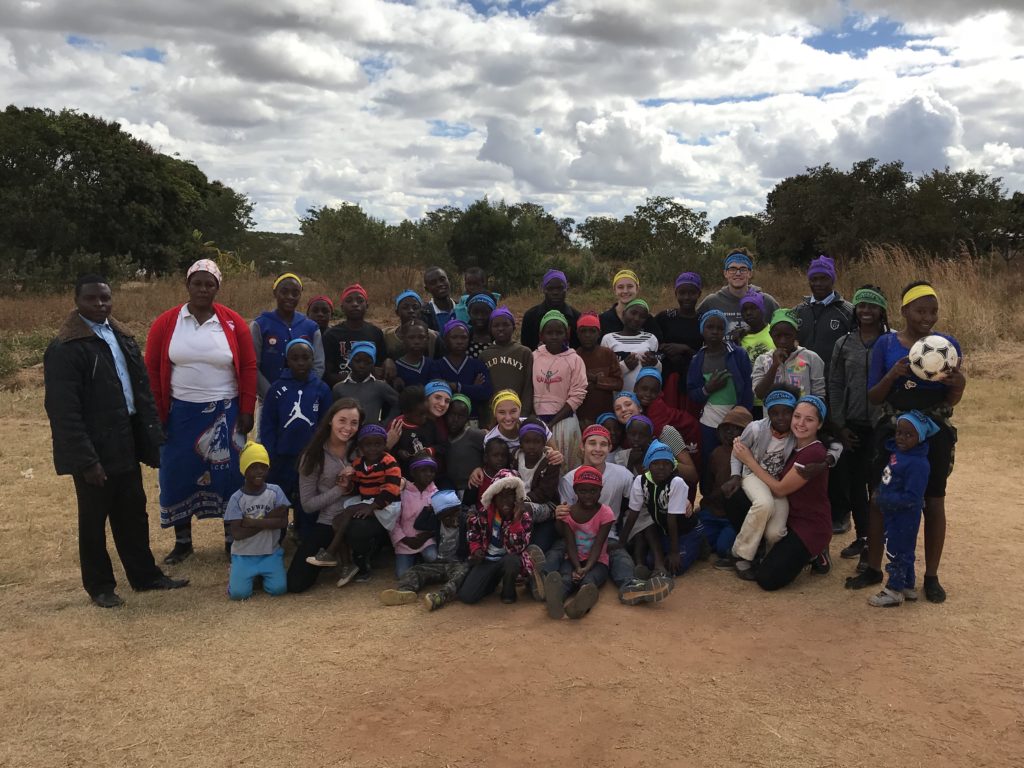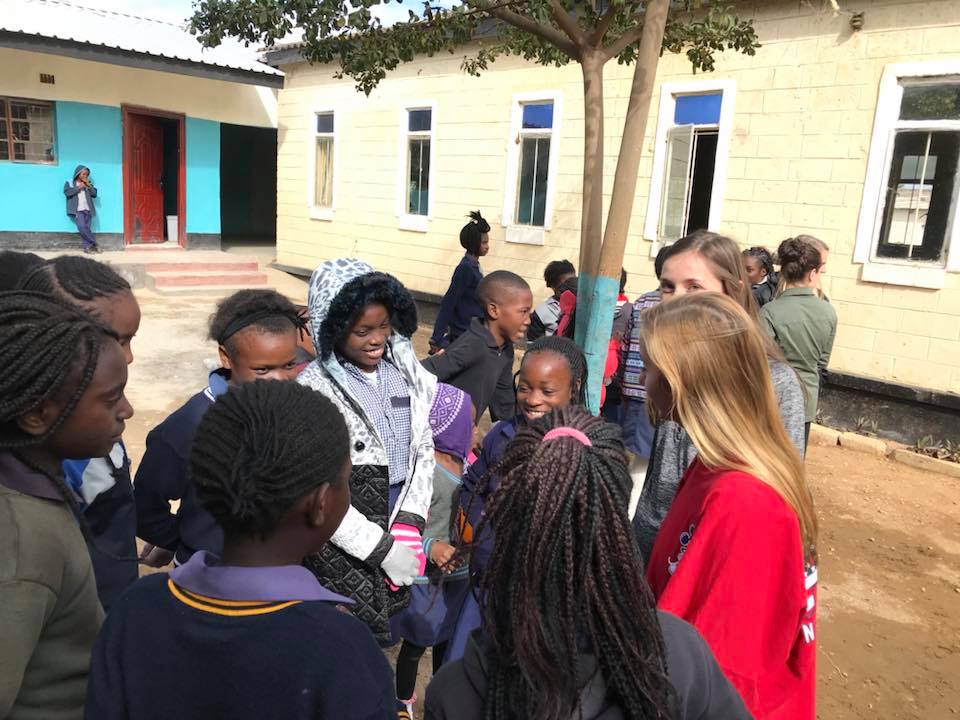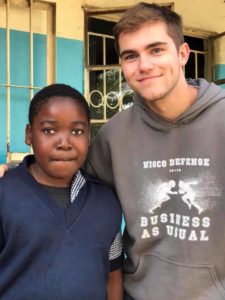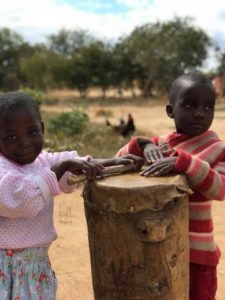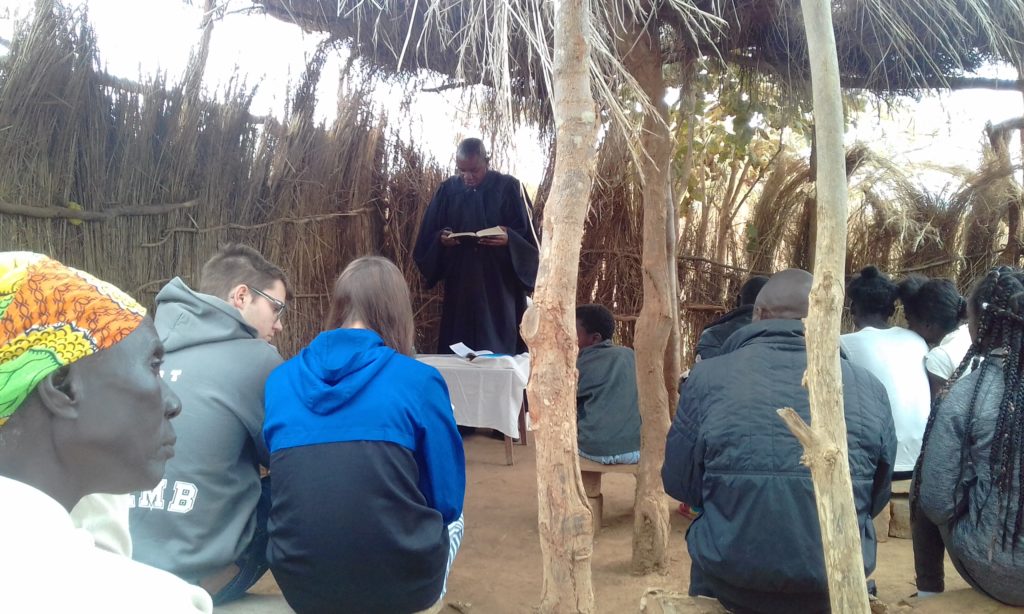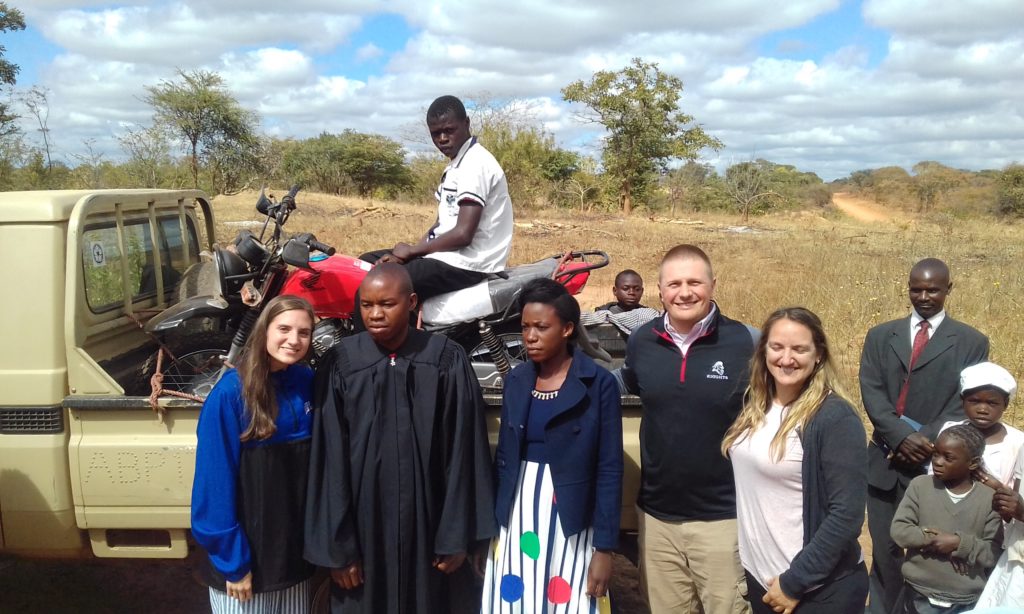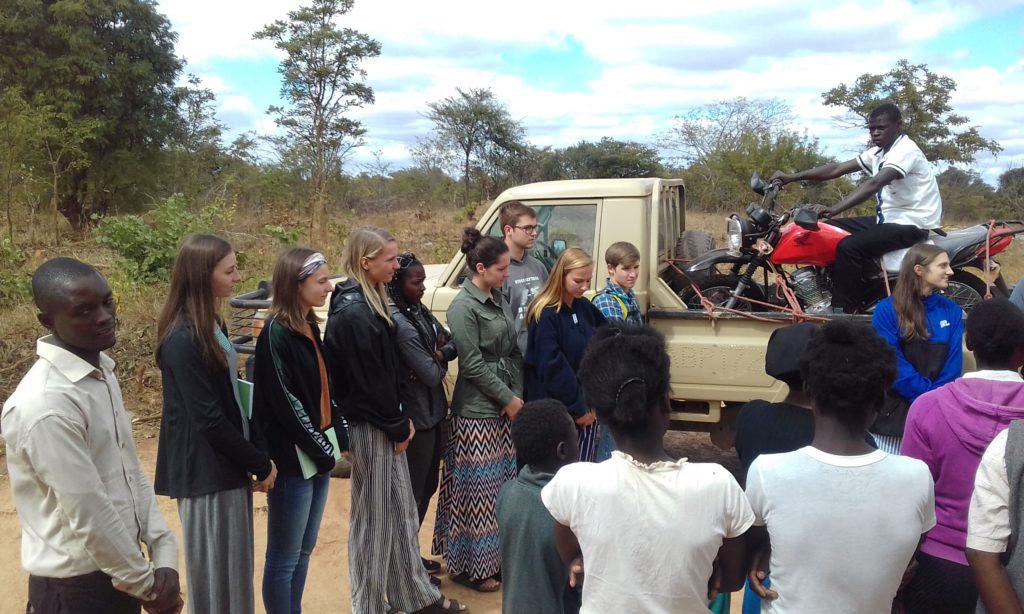Worship Wrestling
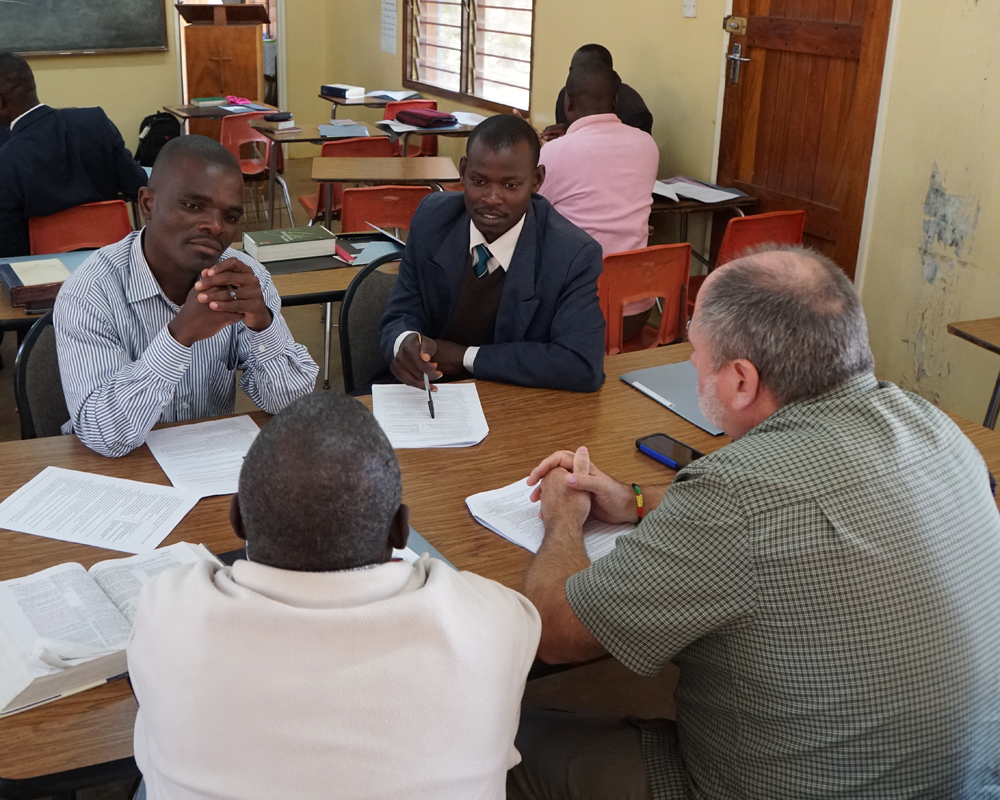
This week’s post is written by Rev. James Aderman, a pastor who has served congregations in Florida and Wisconsin and is currently retired. Pastor Aderman recently came to Malawi to teach continuing education courses for pastors from Malawi and Zambia.
The topic was familiar. If I had closed my eyes I could easily have imagined myself in a group of WELS pastors in the United States.
But I was 8500 miles from Wisconsin. I was south of the equator in Malawi, Africa.
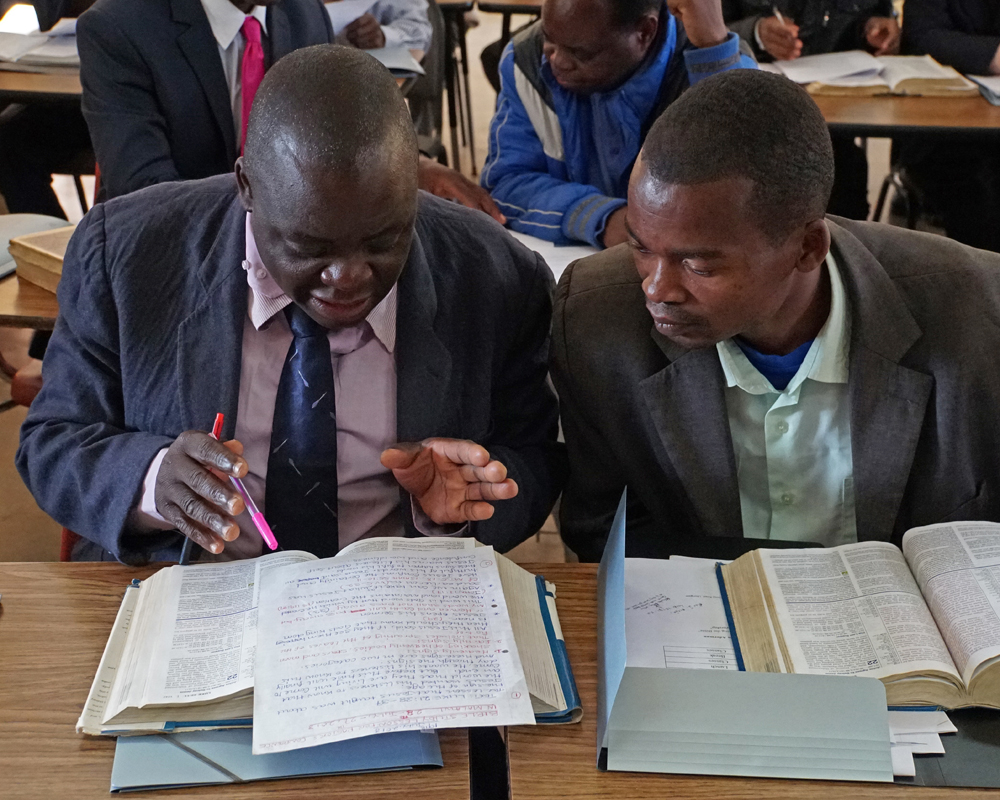
The Lutheran Church of Central Africa hosts an annual continuing education week for its pastors at the Lutheran Bible Institute in Lilongwe. I had the privilege of leading the 40 LCCA pastors who attended the 2018 conference in a discussion of Bible interpretation principles and of Christ-centered worship. It was the worship material that launched this discussion.
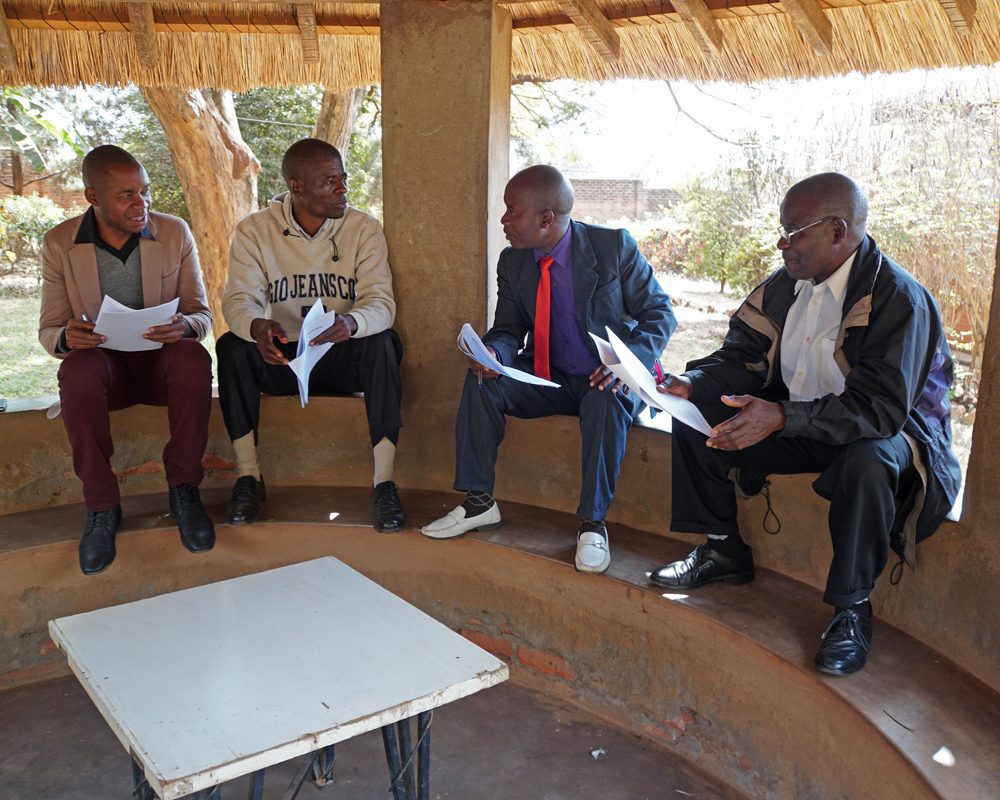
“My people think liturgy-based worship services are dull,” one pastor said. Others nodded in agreement. “That’s why some of my members slip off to Pentecostal churches on Sunday,” another said. “We Lutherans have so much to celebrate because of God’s grace,” said someone else. “Why can’t our worship be more lively?”
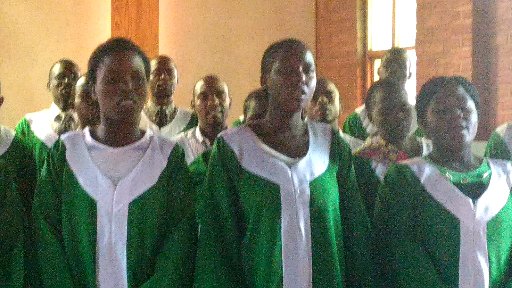
“But the liturgy reflects our teaching about grace,” another pastor countered. “Everything about it points us to Jesus. We dare not lose that.”
The discussion volleyed for some time. At the end there was consensus.
- God’s grace in Jesus motivates us to worship him in the best ways possible.
- Lutheran liturgy provides a solid structure on which to build our worship.
- Liturgy doesn’t have to be dull or repetitive.
- Our excellent hymn texts can be placed into music that is more familiar to African ears.
- Pastors can do a better job teaching the Lutheran approach to worship.
- The liturgy offers the freedom to help Christians of any culture fully rejoice in God’s grace.
- We pastors can improve the way we lead God’s people in worship.
“I applaud you, my brothers,” I told them, “for your willingness to wrestle with developing worship services that bring praise to God and best benefits God’s people. You’ve given me new encouragement to keep my eyes open wide, so I do the same for fellow Christians in America.”
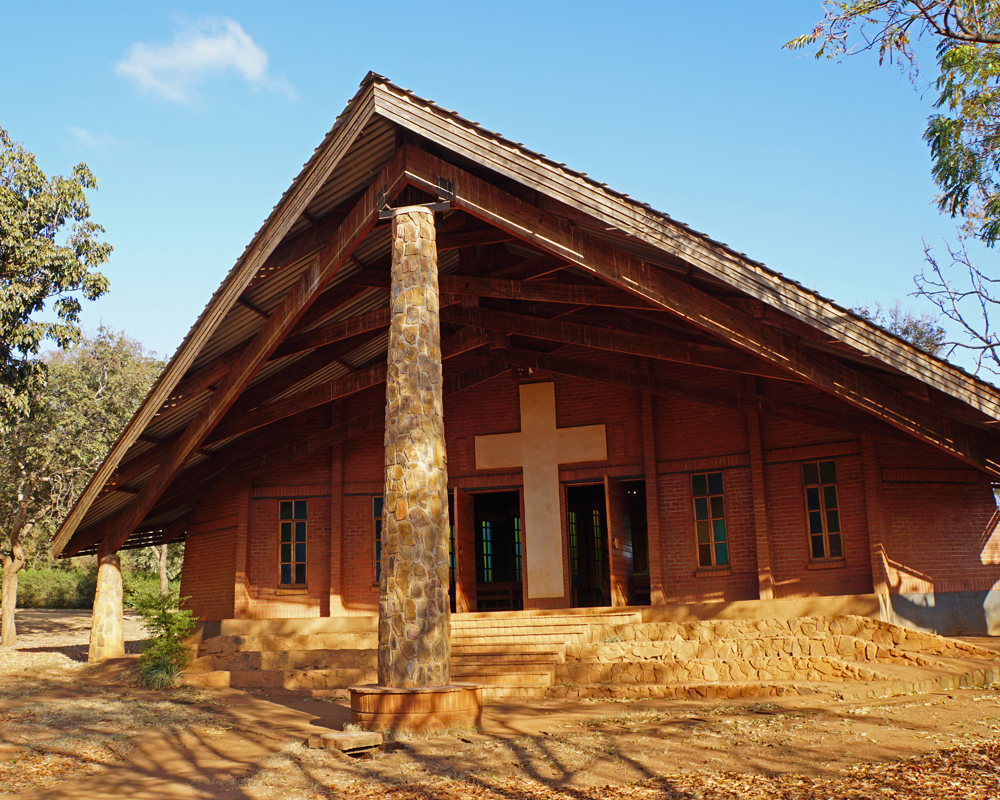
James Aderman lives in Greenfield, WI
Please pray for those working in fields that are ripe for harvest. Share their story, engage with future news and receive updates. Go to this link to learn more about our mission fields in Africa and how the Holy Spirit is working faith in people’s hearts https://wels.net/serving-others/missions/africa
